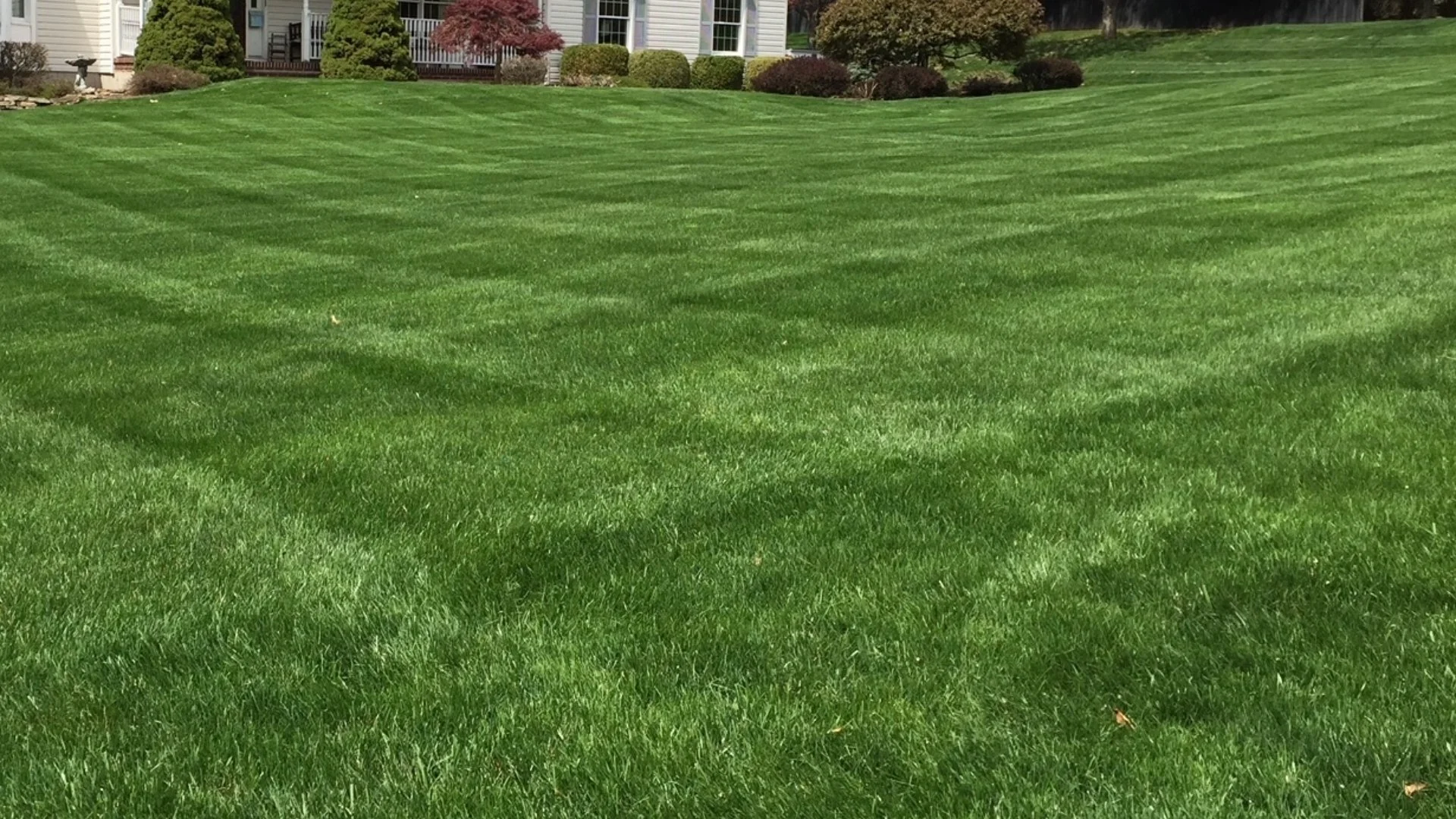Professional Lawn Care in Butler, New Jersey
Lawn care in Butler, New Jersey, requires a specialized approach tailored to the local climate conditions—ranging from hot summers to cold, snowy winters, with temperatures typically spanning from 20°F to 85°F. To maintain healthy, aesthetically pleasing lawns in Butler, a well-planned lawn care strategy is essential.
Butler’s Climate and Lawn Care Considerations
Butler experiences four distinct seasons, each influencing lawn care practices. The hot summers call for consistent watering and mowing to manage growth and heat stress, while the winters require strategies to protect grass from frost damage and snow. Adapting lawn care methods to these seasonal changes is vital for lawn health in Butler.
Choosing the Right Grass Types for Butler
Butler’s climate is conducive to cool-season grasses such as Kentucky bluegrass, fine fescue, and perennial ryegrass. These grasses have their peak growth in cooler months like spring and fall and require more intensive care during these periods, including regular mowing and appropriate fertilization.
Comprehensive Lawn Care Tips for Butler Homeowners
Regular Maintenance: This includes bi-weekly mowing in growth seasons, ongoing weeding, and debris removal. Conducting yard cleanups in spring and fall is crucial for removing dead plant matter and prepping the lawn for the next season.
Soil Testing: Perform soil tests twice a year to determine its pH and nutrient content, then tailor lawn care treatments based on these results.
Watering: Implement a schedule for watering 1-1.5 inches per week, early in the morning to minimize evaporation and prevent disease. Drip irrigation or soaker hoses can optimize water usage.
Fertilization: Apply slow-release, nitrogen-rich fertilizers in early spring and late fall. Use a balanced fertilizer every 4-6 weeks during active growth periods.
Aeration: Aerate your lawn in spring and fall to decrease soil compaction and enhance root development.
Grass Clippings Recycling: Leaving clippings on the lawn after mowing helps return nutrients to the soil and reduces the need for additional fertilizers.
Weed Control: Use pre-emergent herbicides in the spring and post-emergent herbicides as necessary during the growing season for effective weed management.
Thatch Management: Annually remove thatch if it exceeds half an inch to ensure proper air and moisture penetration in the soil.
Pest and Disease Management: Regularly check for and manage pests or diseases to maintain a healthy lawn.
Organic Lawn Care: Opt for organic fertilizers and pest control methods for a safer lawn environment.
Pruning: Prune trees and shrubs in late winter or early spring to encourage healthy growth and maintain desired shapes.
Over-Seeding: In early fall, over-seed to repair summer damage and improve lawn thickness.
Edging: Keep lawn edges neat with monthly edging to prevent grass from invading adjacent areas.
Plant Selection: Choose native plants and shrubs that are well-suited to Butler’s climate and soil for lower maintenance and better growth.
Equipment Maintenance: Regularly service lawn care equipment, including sharpening blades, cleaning filters, and changing oil for optimal performance.



